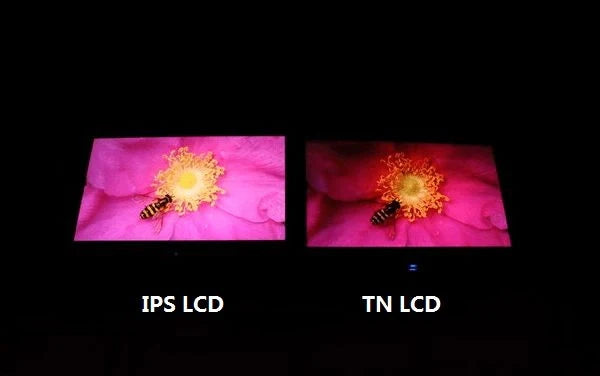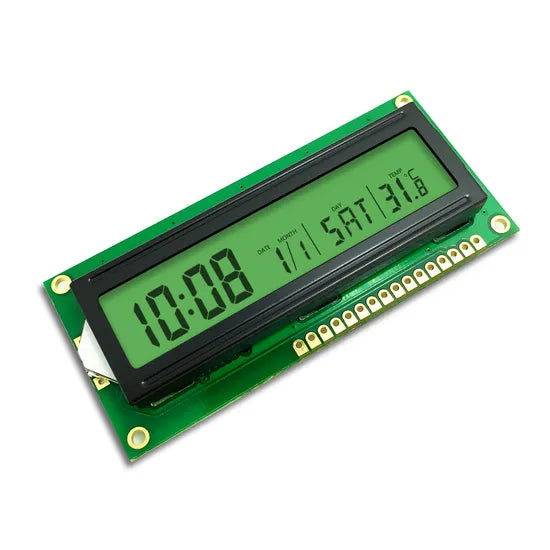
Character (16x2/20x4, HD44780 control, 5x8 dot matrix, LiquidCrystal library); Graphic Dot Matrix (128x64/ST7565, U8g2 library draws free graphics); Custom Segment (7-segment + symbols, COG process...
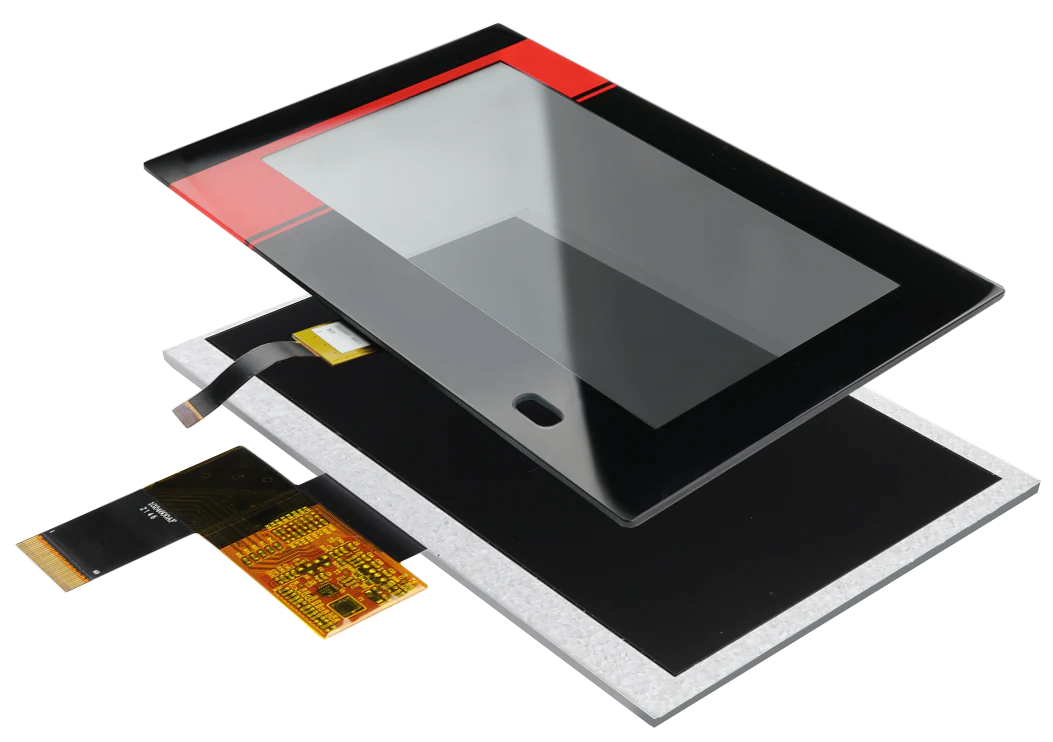
Capacitive (10-point touch, light transmittance ≥85%) suitable for consumer electronics; Resistive (256 levels of pressure sensitivity) suitable for industrial control; Full lamination reduces refl...
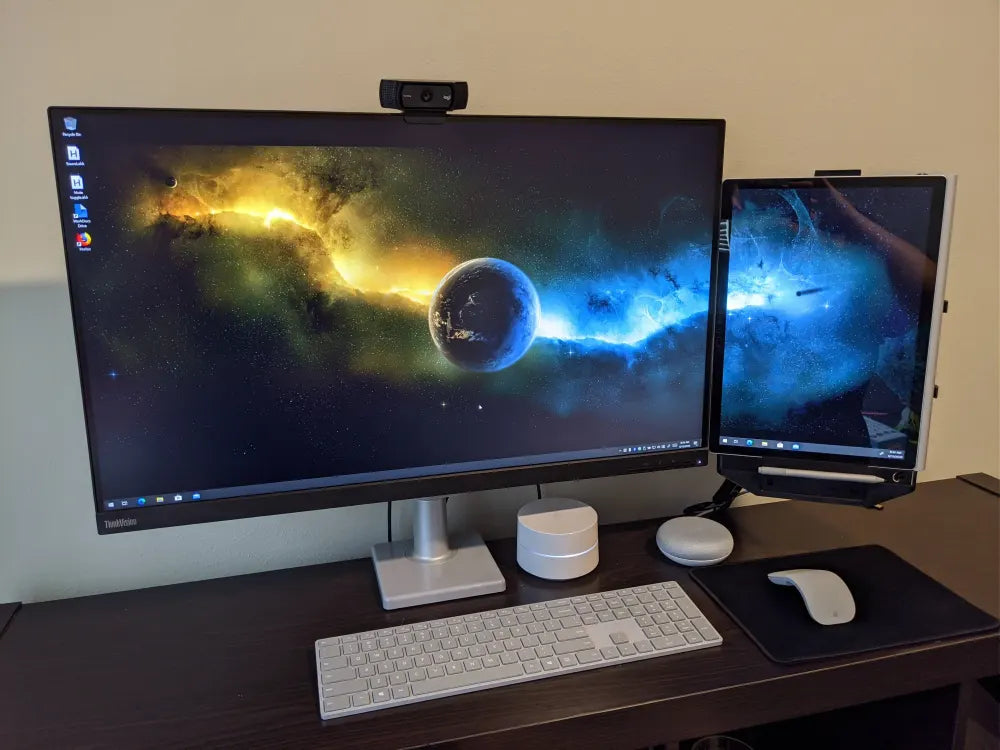
Custom LCD screens available in sizes from 1.44 to 12 inches, with resolutions ranging from 128x64 to 2560x1440. Supports SPI/I2C/RGB/MIPI interfaces and ST7735/ILI9488 drivers. Provide your specif...

Recommend 2.4-inch ILI9341 TFT screen (240×320), SPI interface saves pins, paired with TFT_eSPI library. After installing the library, call tft.init() to initialize. Compatible with all Arduino ser...
TFT is the overarching term for LCD driving technology, with IPS belonging to its wide-viewing-angle branch. IPS characteristics: 178°/178° viewing angles, ΔE<2 color accuracy; performance-wise ...
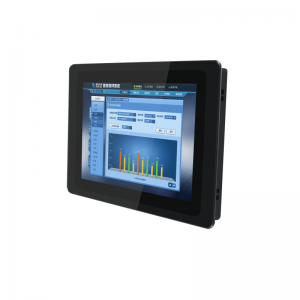
Industrial-grade LCD testing: Environmental simulation includes operation at -40℃ to 85℃, IP67 protection, and 95% humidity without condensation; performance testing includes brightness of 500-1500...
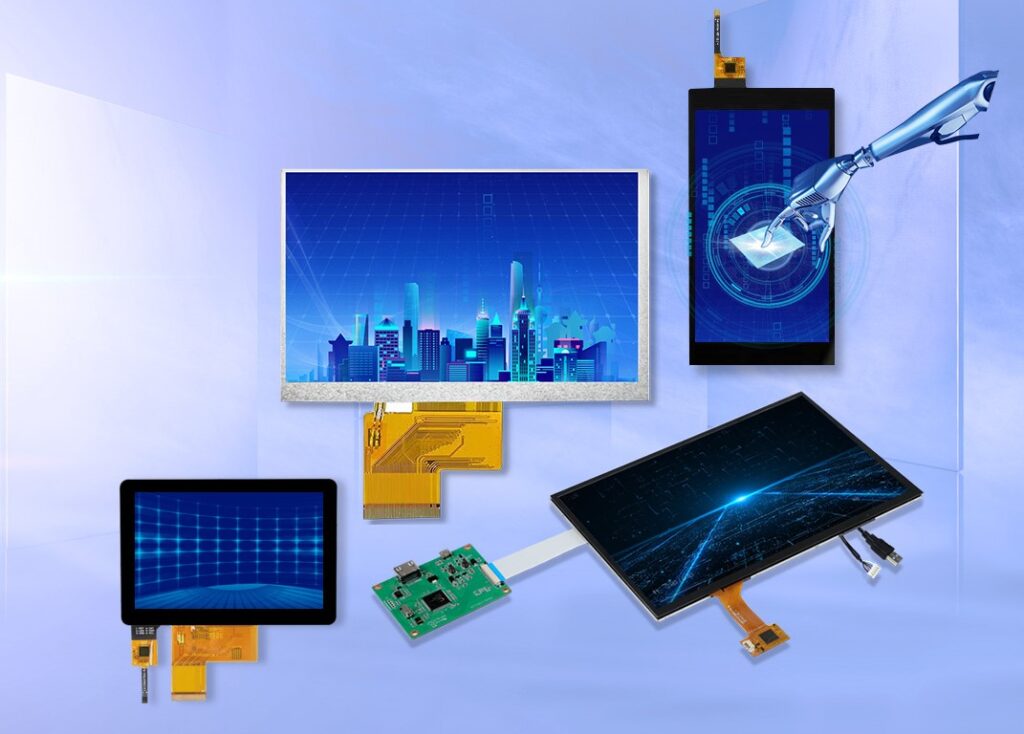
When purchasing a digital display LCD, first consider the scenario: retail uses 32-55 inch 4K screens (approx. 2000-5000), meetings choose 65-86 inch 8K (8000-20k), outdoor requires 100 inch+ with ...
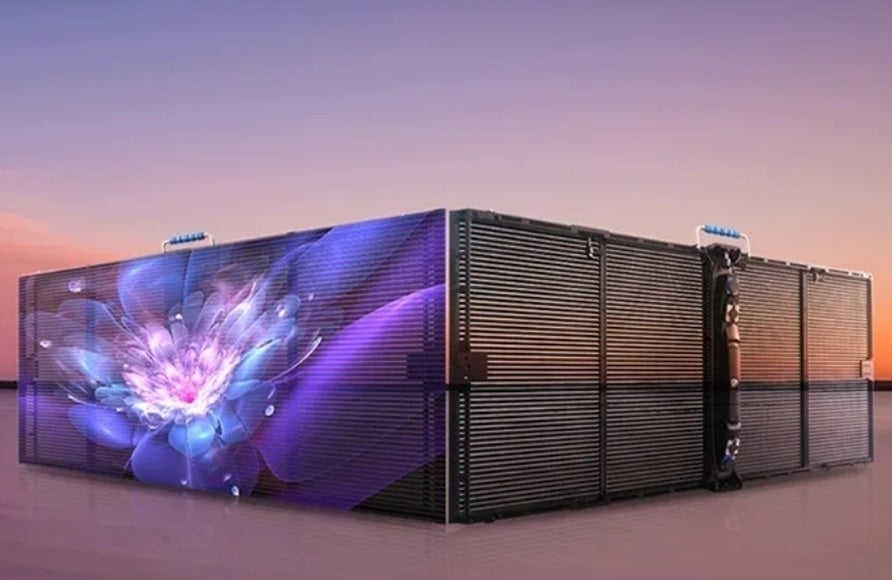
Transparent LCD manufacturing uses ultra-clear glass substrates (thickness 0.7mm), low-resistance ITO films (sheet resistance 80Ω/□), and high-transmittance liquid crystal as core materials. Charac...
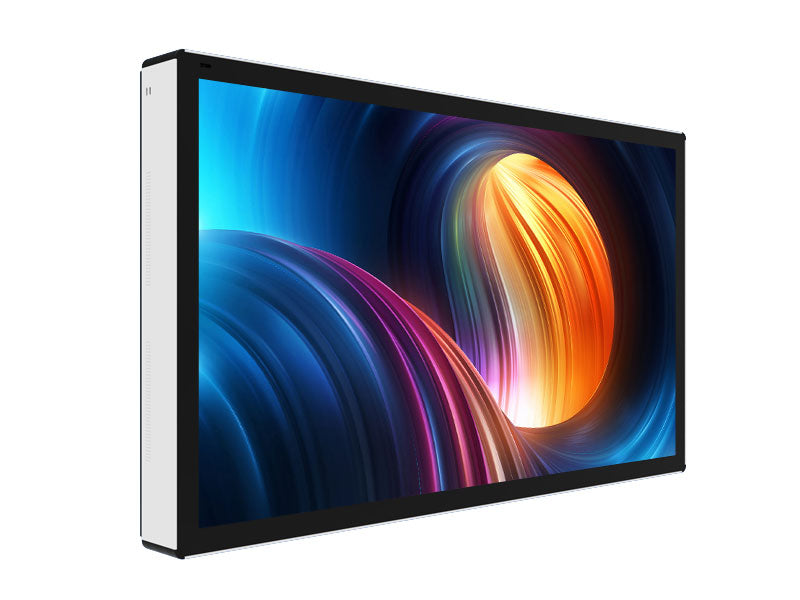
Outdoor LCDs are built around high-brightness LED backlighting, achieving 2500-4000 nits, ensuring clear visibility under strong light. Equipped with IP65 protection (dustproof and waterproof), ope...


